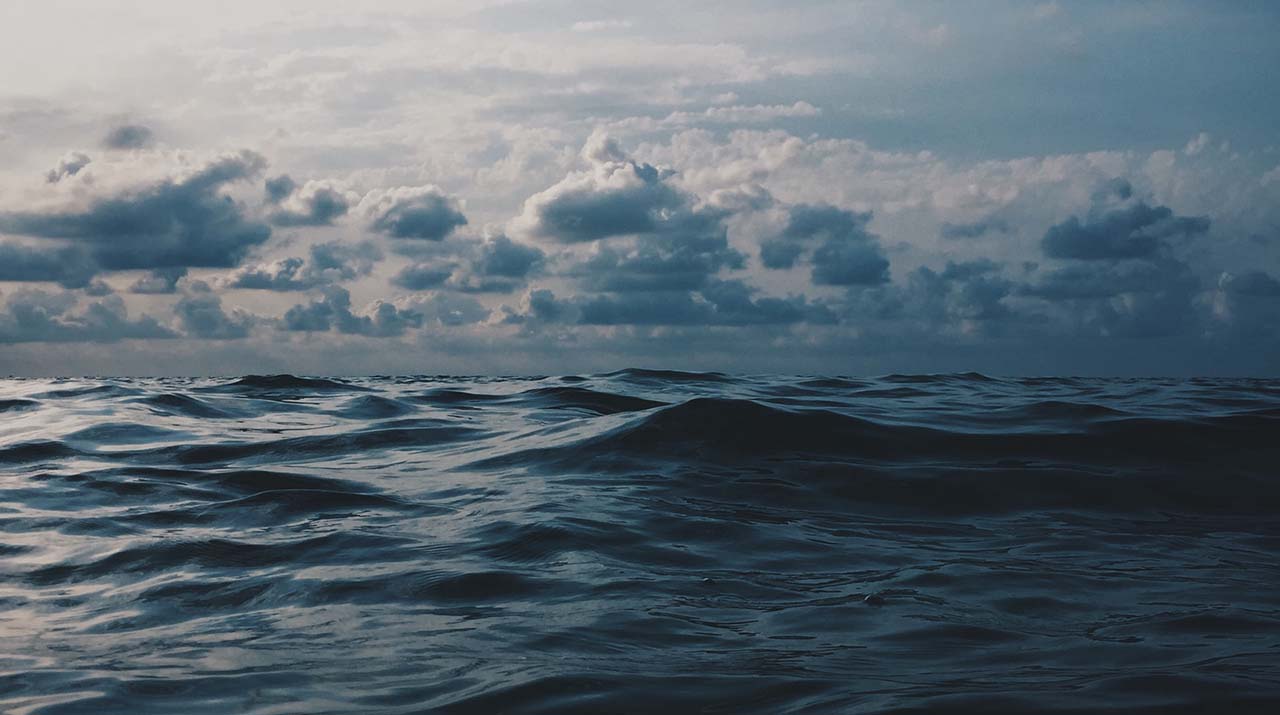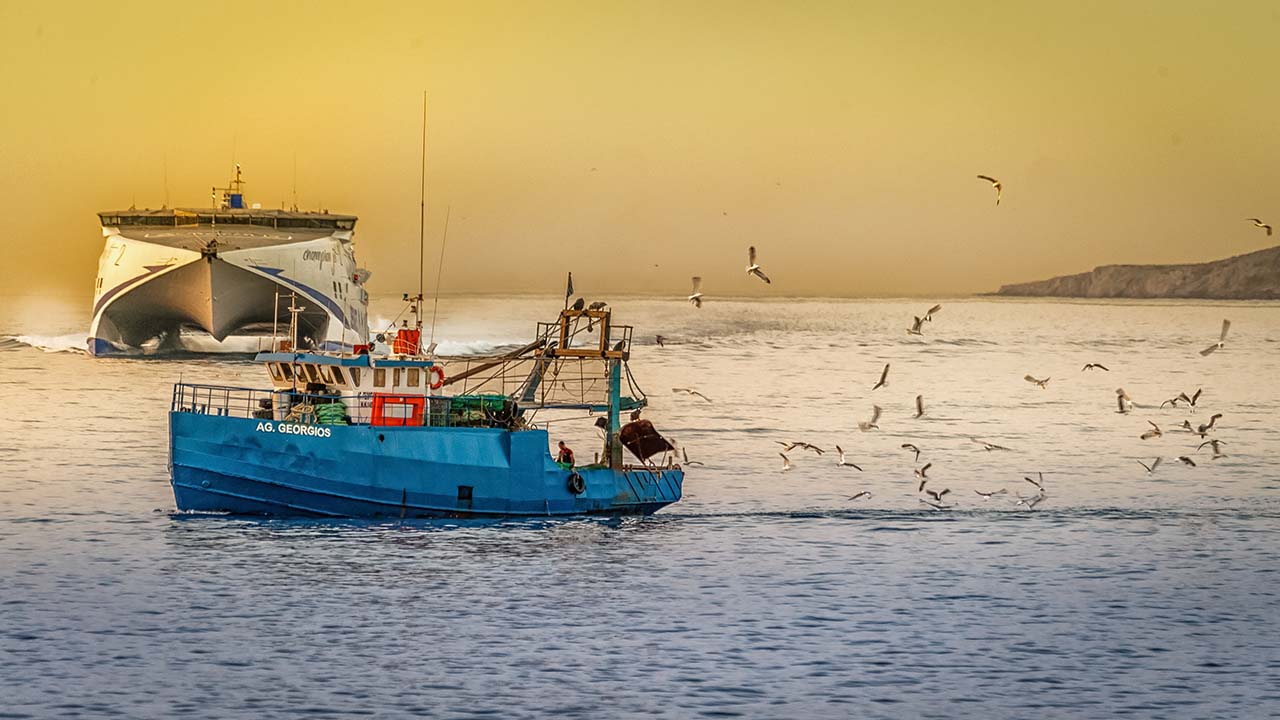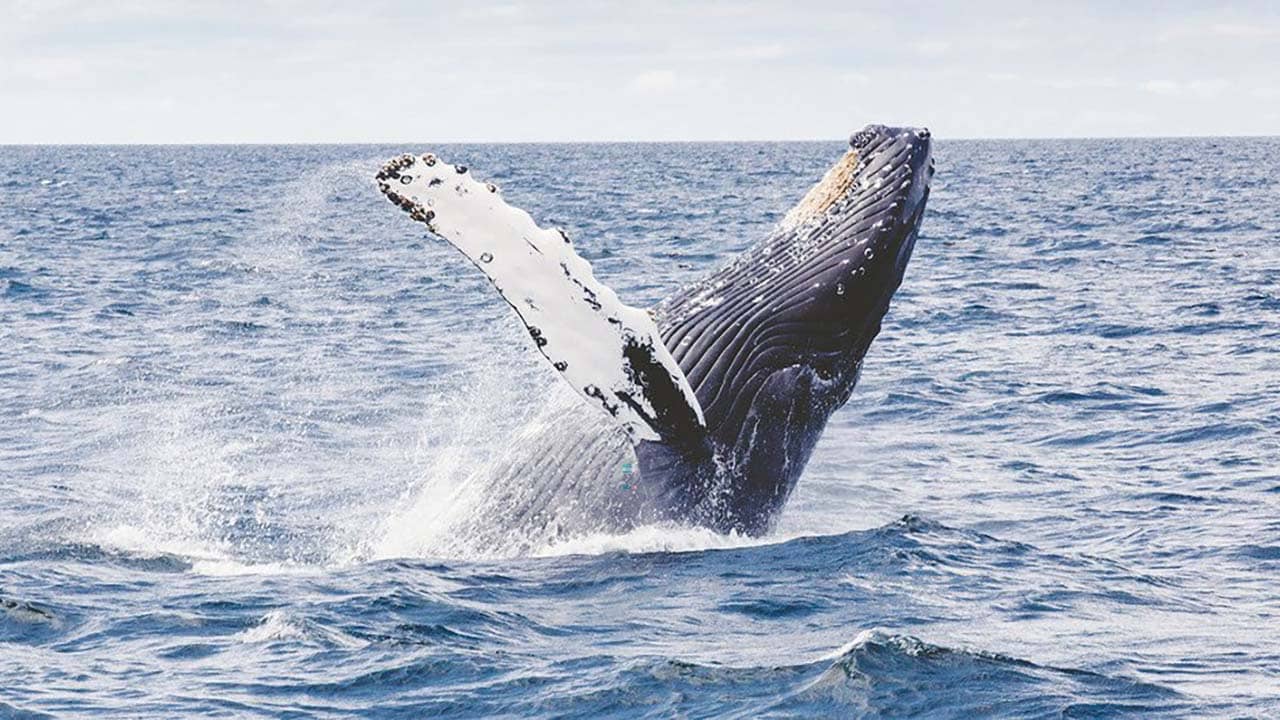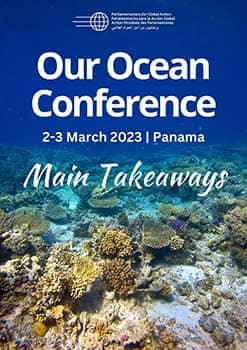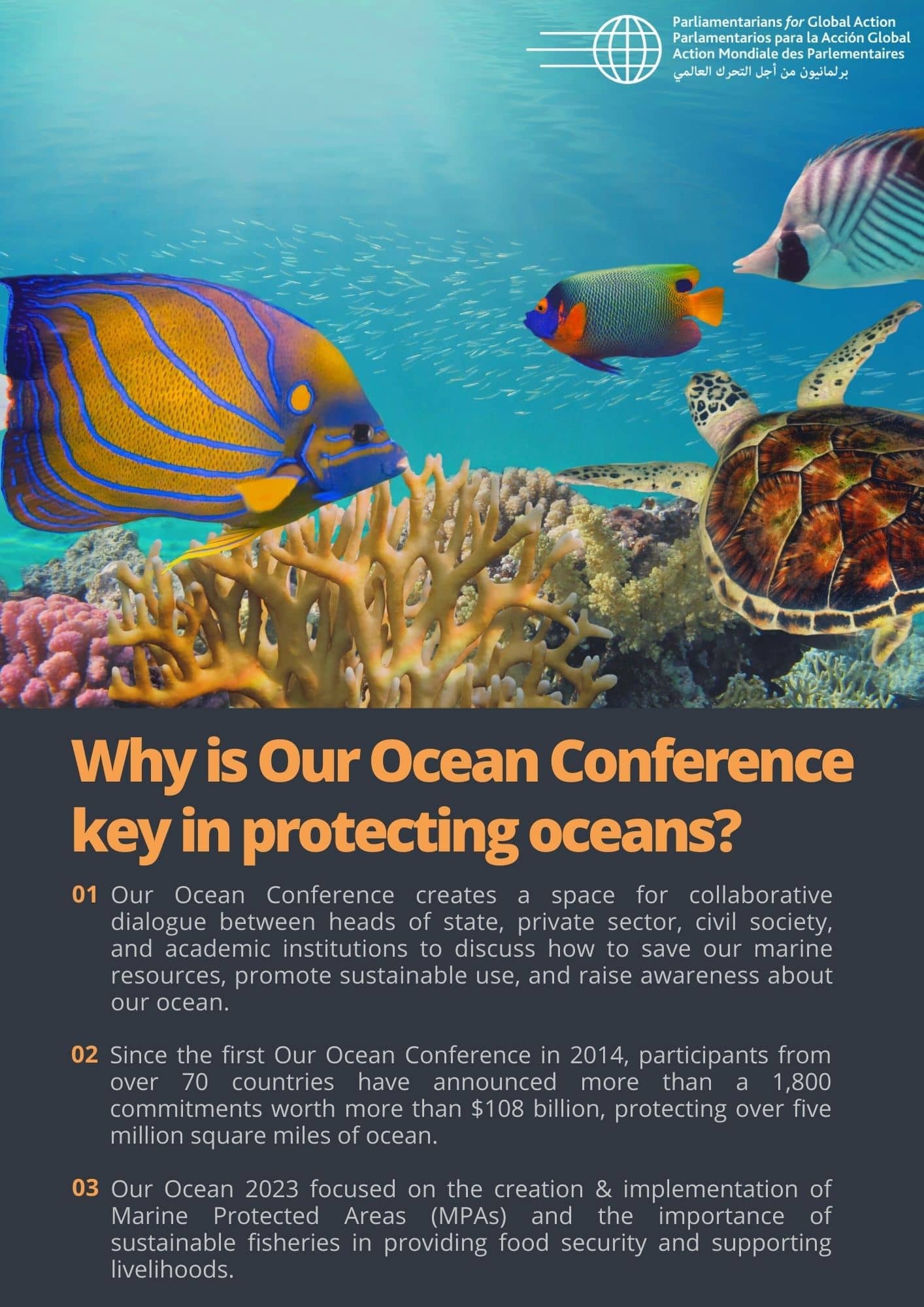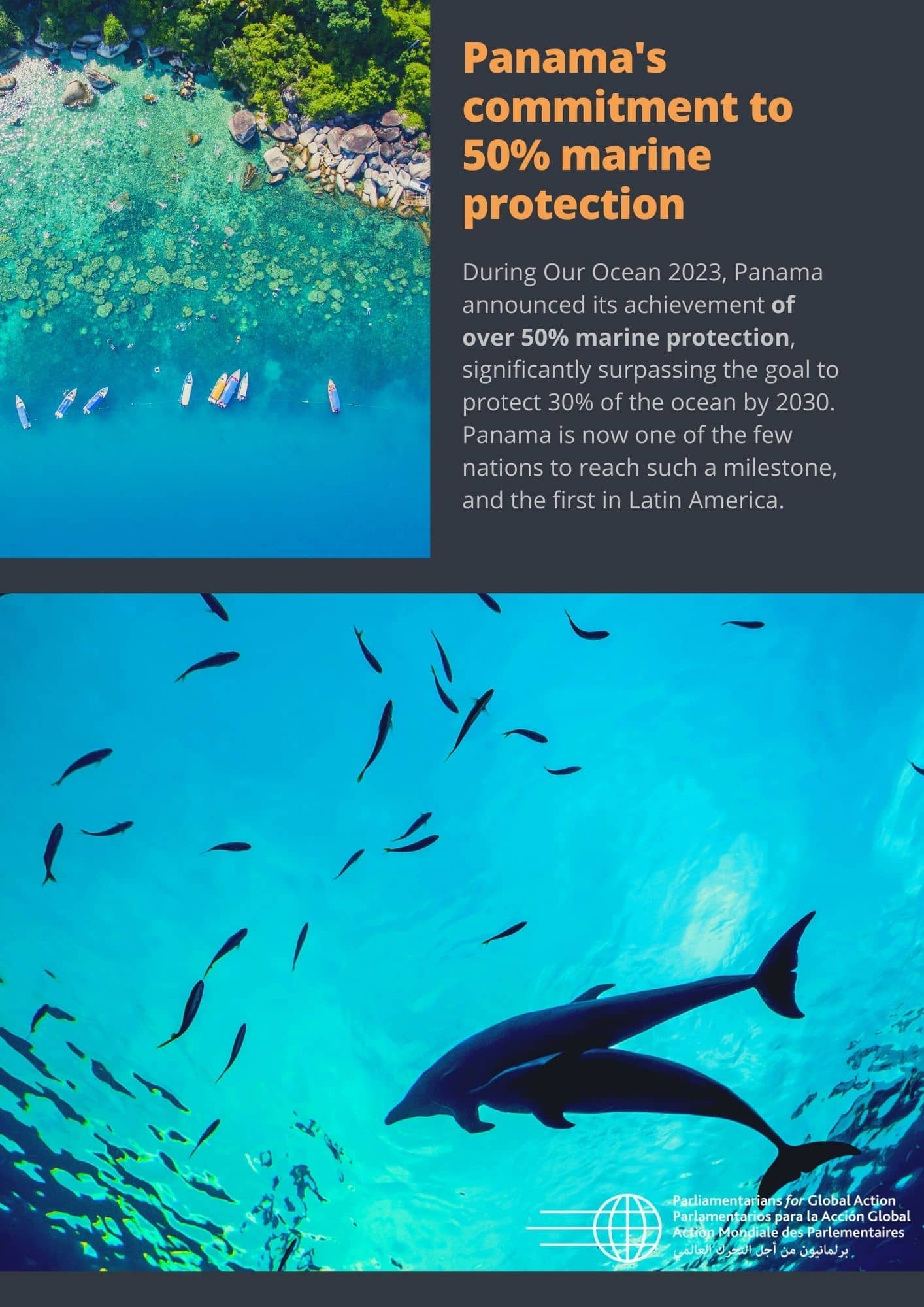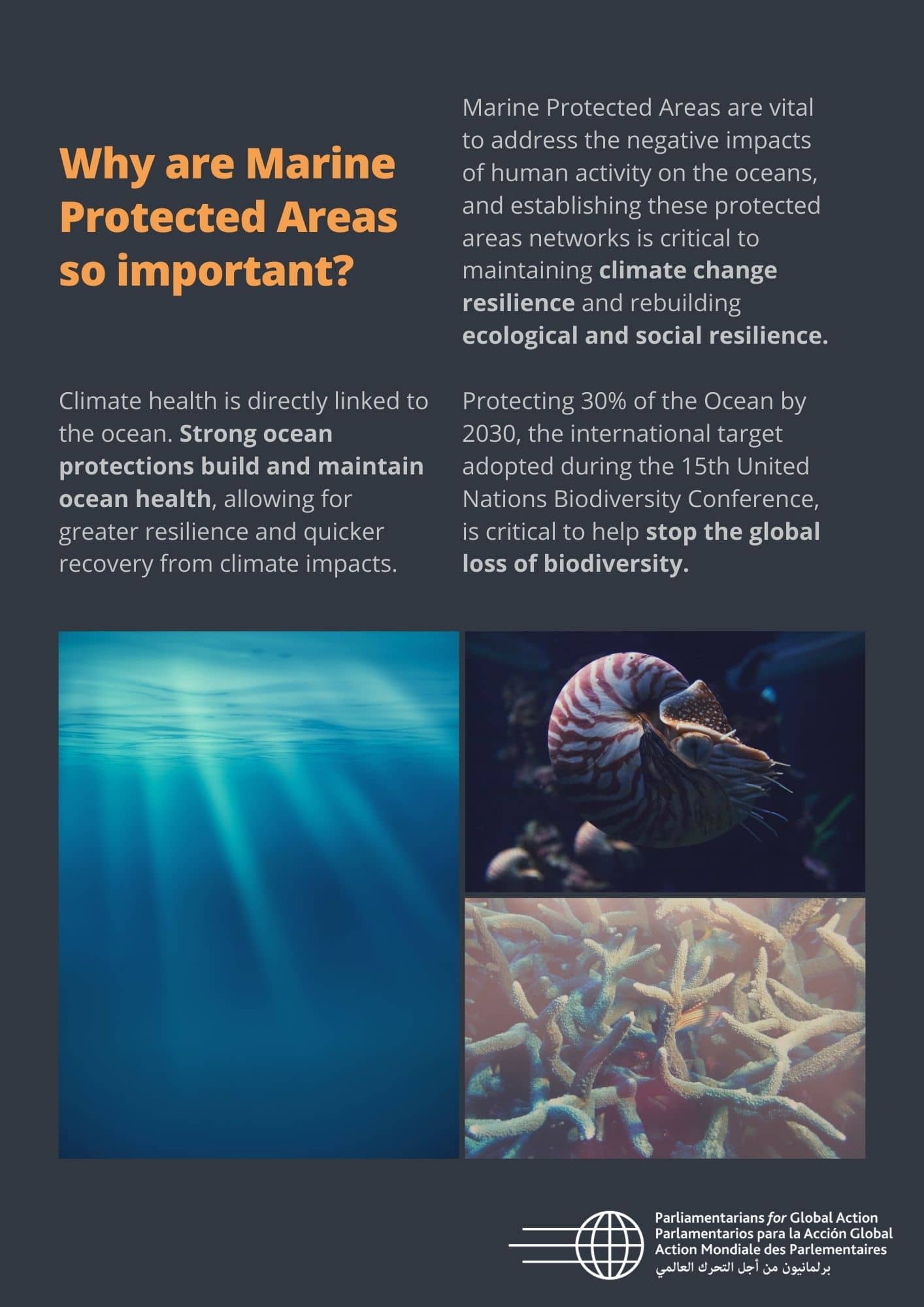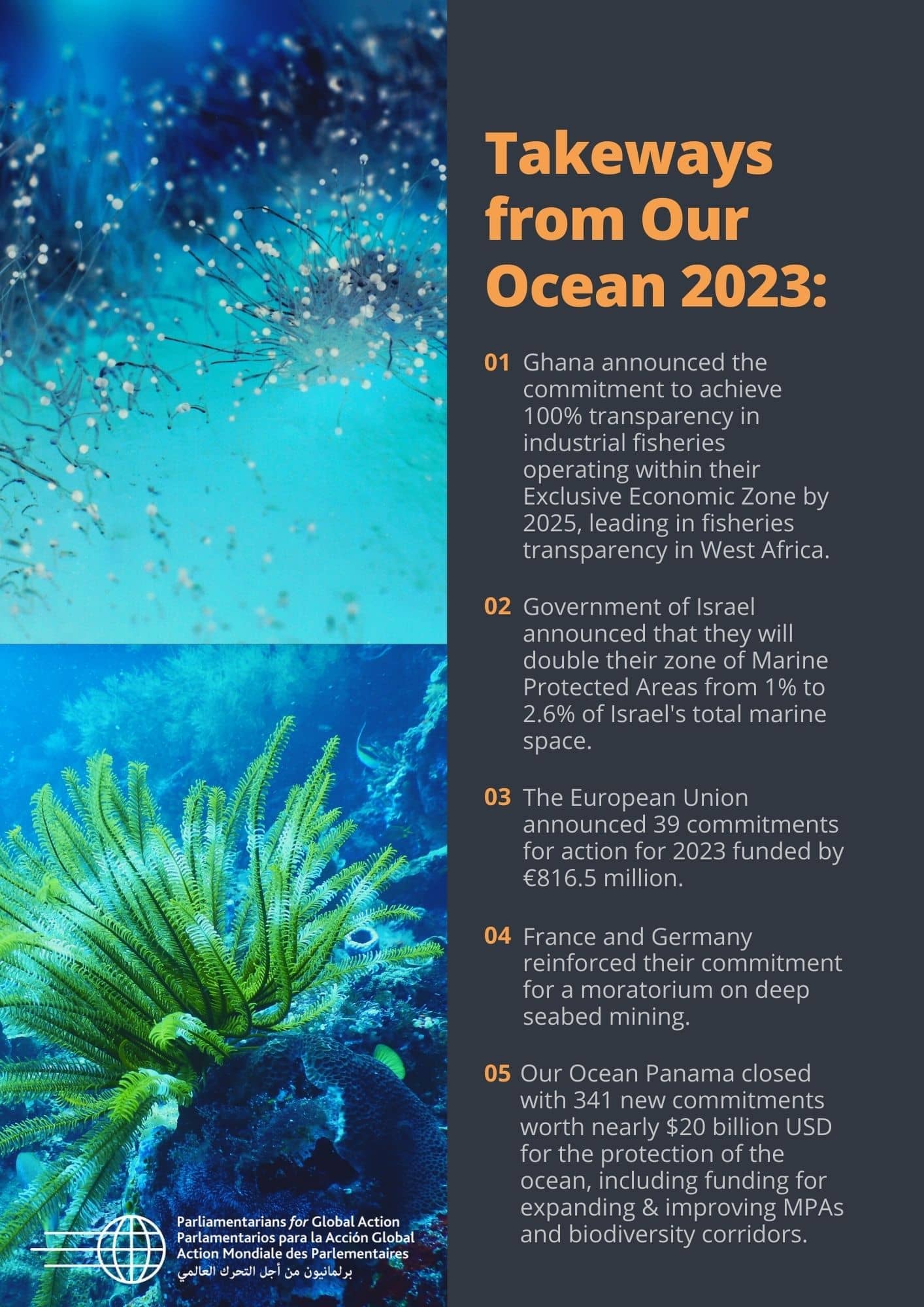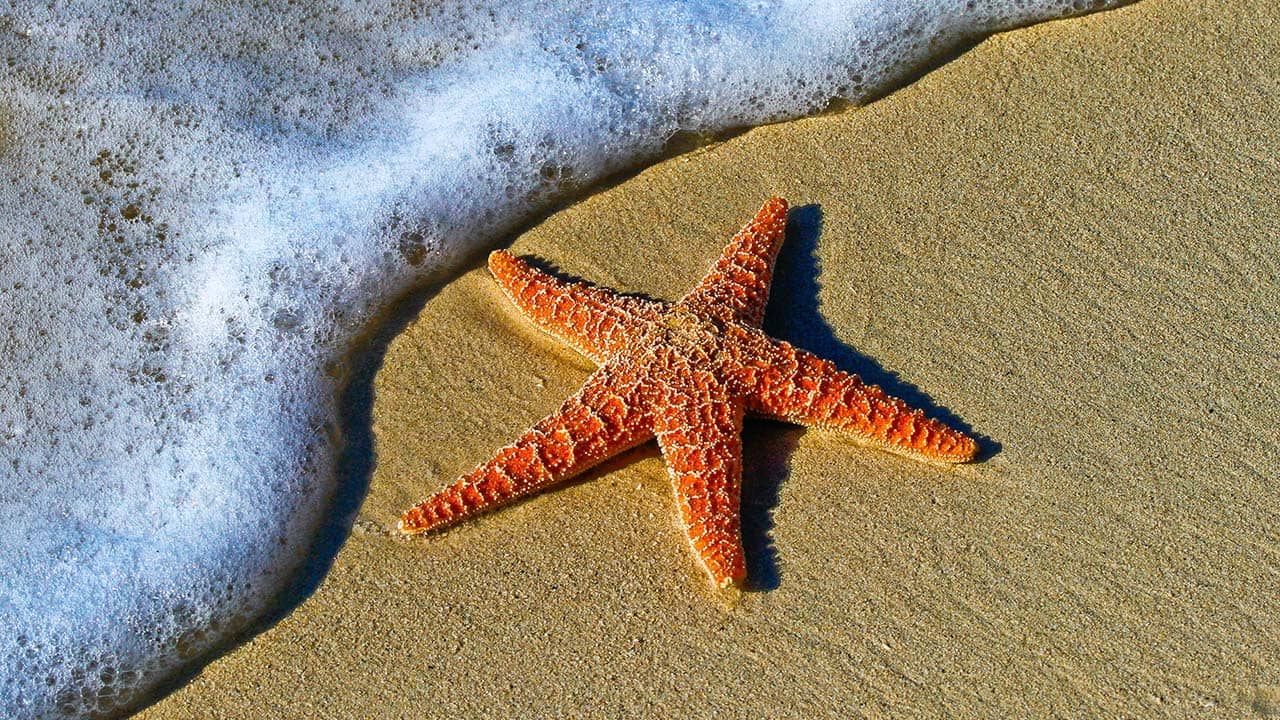
On March 2nd, 2023, during the opening ceremony of the Our Ocean Conference 2023, Panamanian President Laurentino Cortizo and Minister Milciades Concepción, Minister of Environment of Panama, signed a decree expanding the country’s Banco Volcán Marine Protected Area from approximately 14,200 square kilometers to over 90,000 square kilometers, with half of the total area designated with full protection, prohibiting extractive or environmentally damaging activities. The expansion further protects marine ecosystems and important fishing resources within Panama's national waters in the Caribbean Sea. Panama joins as one of the few nations around the world to achieve protection of more than 50% of its total marine area, and the first in Latin America.
Strong ocean protections build and maintain ocean health, allowing for greater resilience and quicker recovery from climate impacts. Marine Protected Areas are a critical tool to address the increasing stress on marine ecosystems caused by human activity on the oceans, and provide areas of reduced stress to buffer climate change impacts and rebuild ecological and social resilience. Learn more about Marine Protected Areas, their impact on climate change, and their economic and human rights importance in the Factsheet for Parliamentarians: Sustainably Managed Marine Protected Areas and Climate Change.
PGA encourages parliamentarians to take action towards the realization of 30 percent protection of the ocean by 2030. Members of Parliament are uniquely positioned to support the process of ocean protection, and therefore the human right to a clean, healthy, and sustainable environment through the creation, consolidation and/or expansion of Marine Protected Areas. Visit PGA’s Insights by Lawmakers series to hear from parliamentarians on why Marine Protected Areas are important for human rights.

